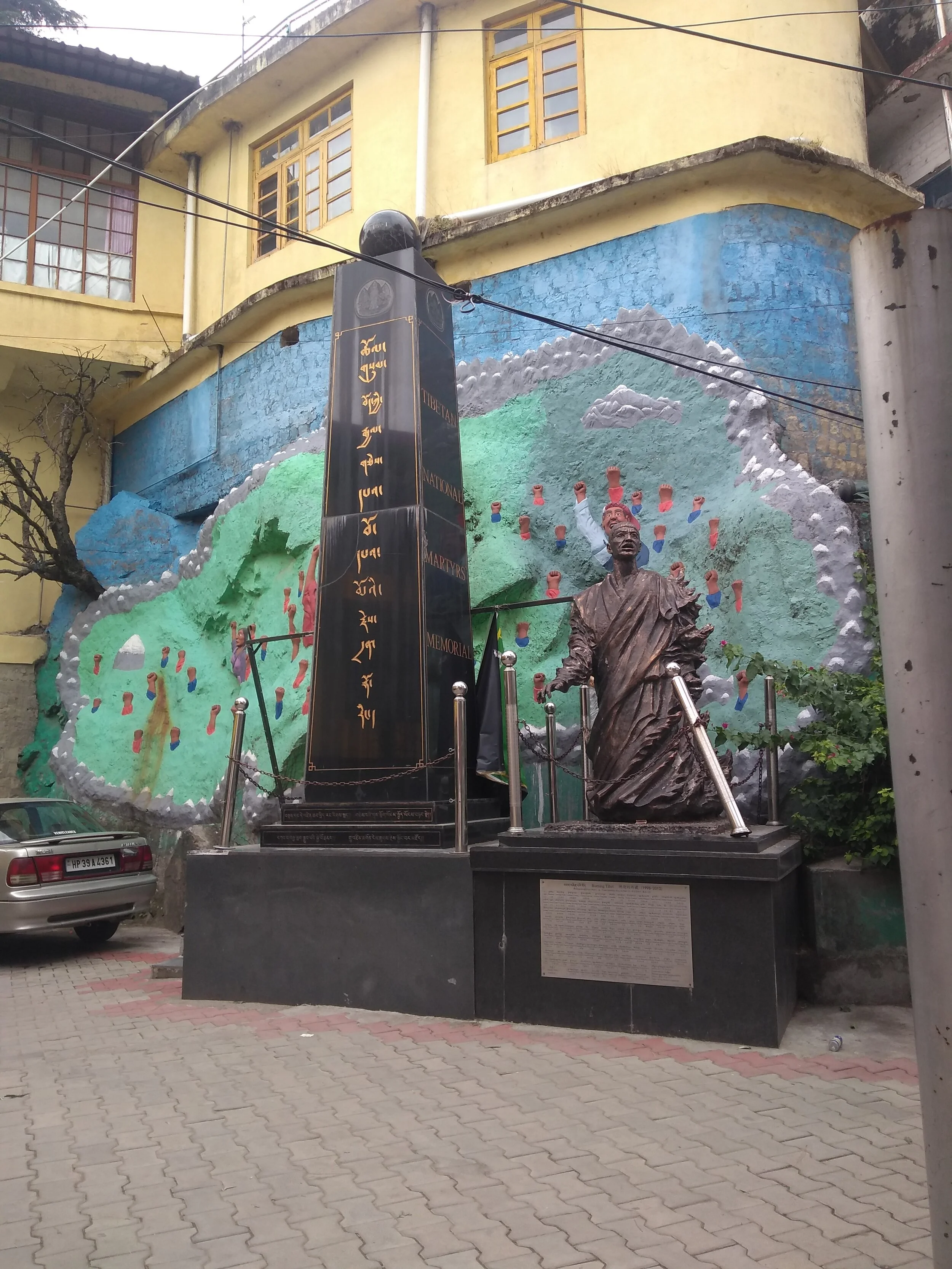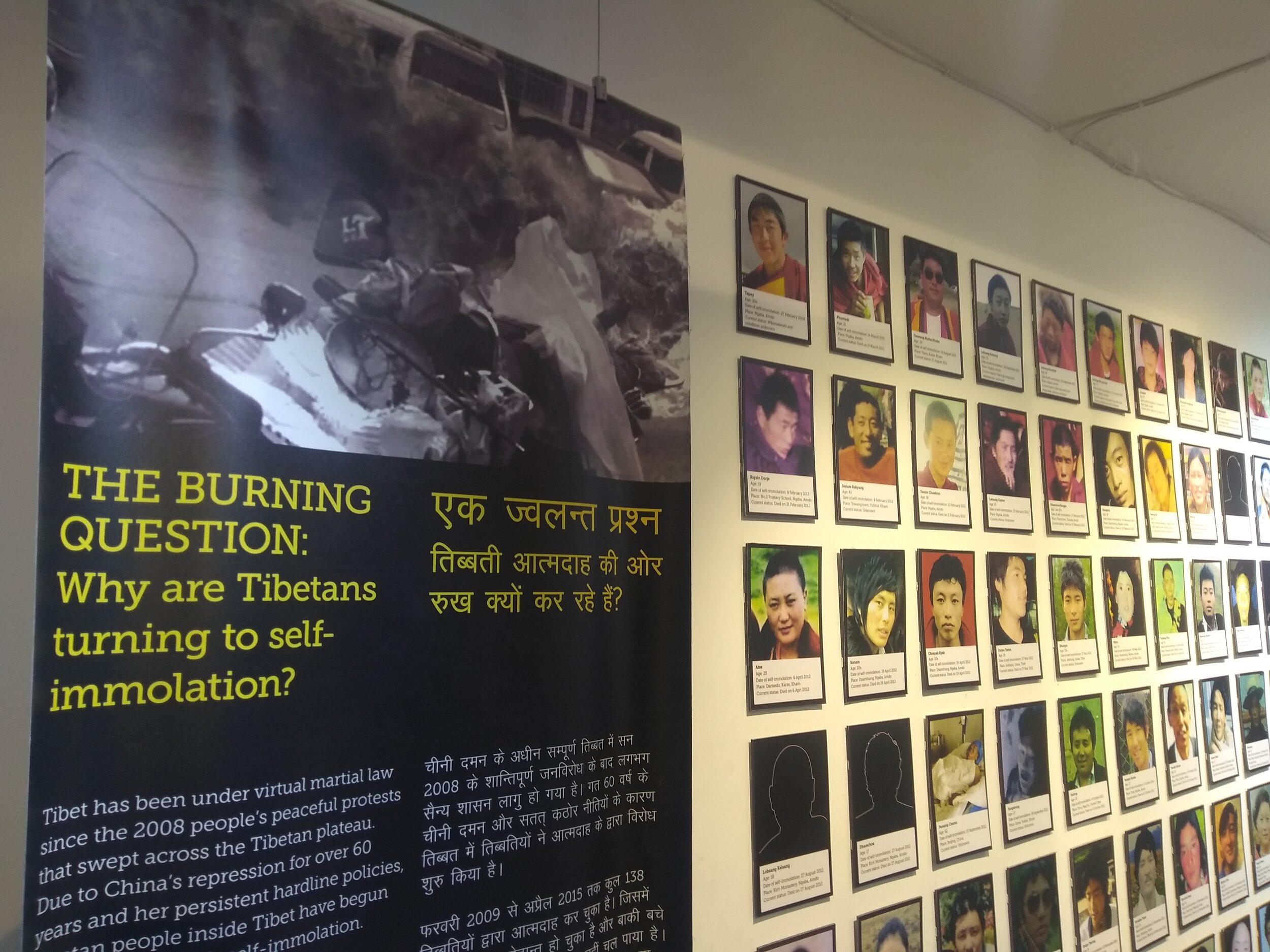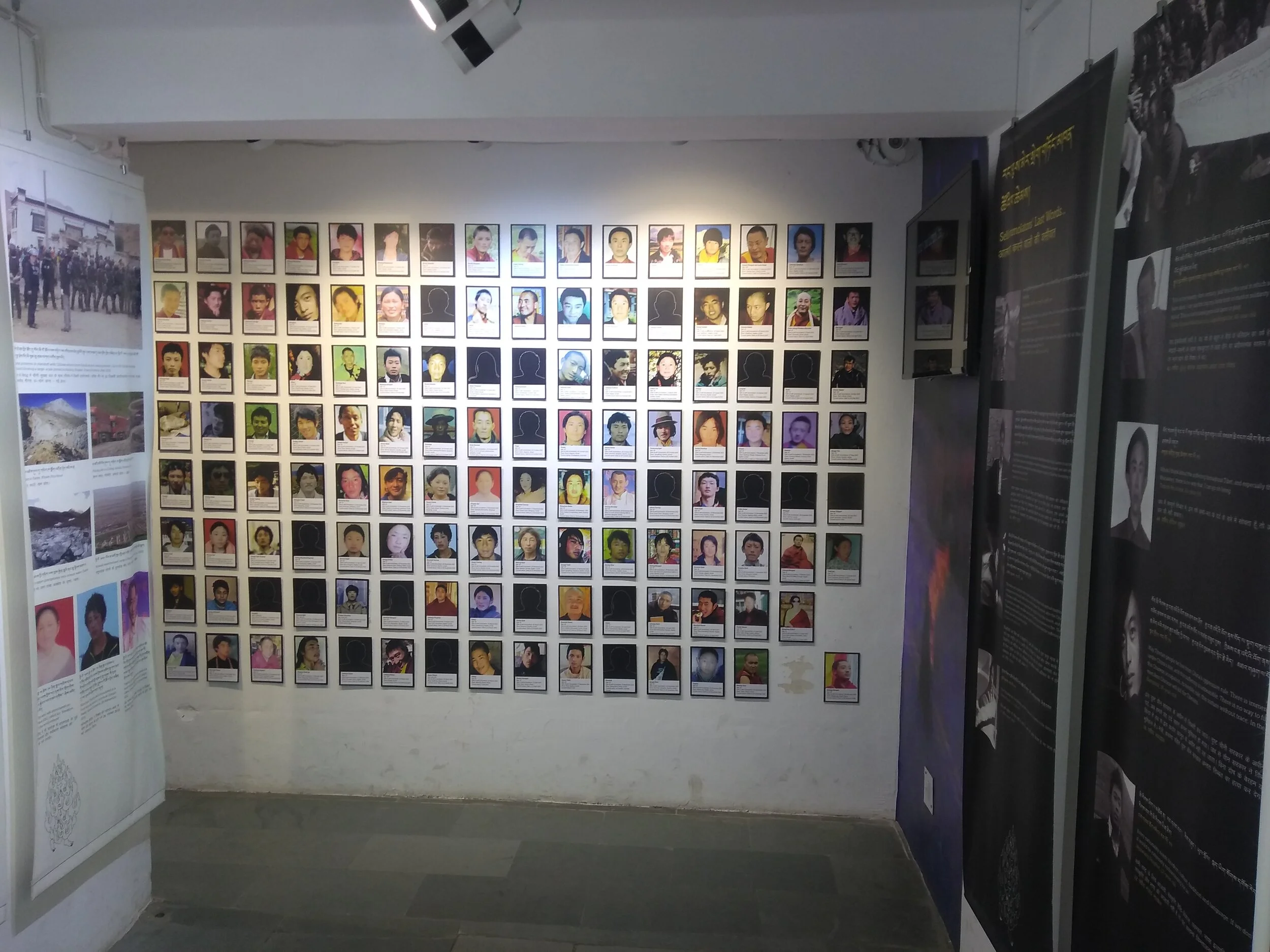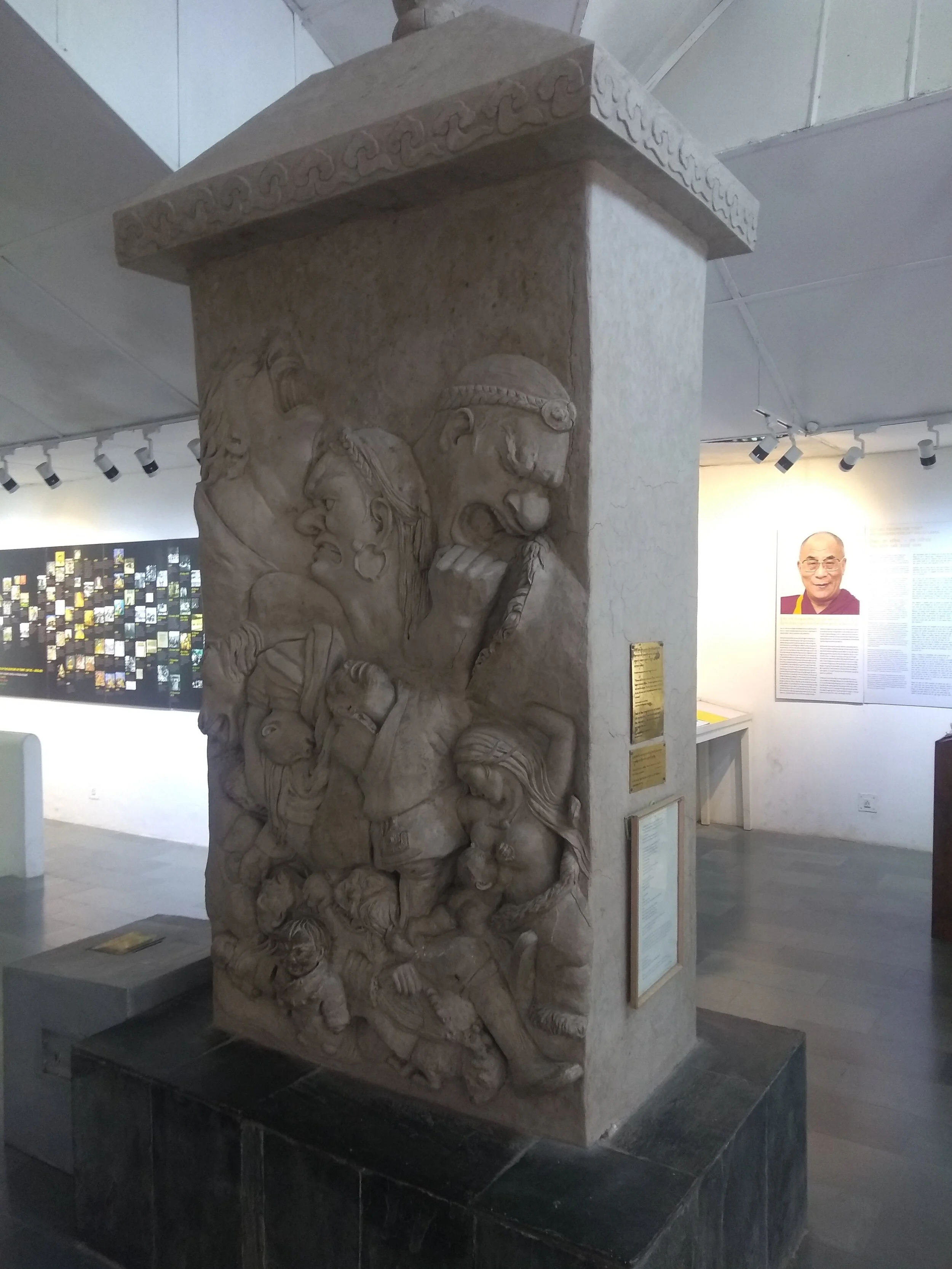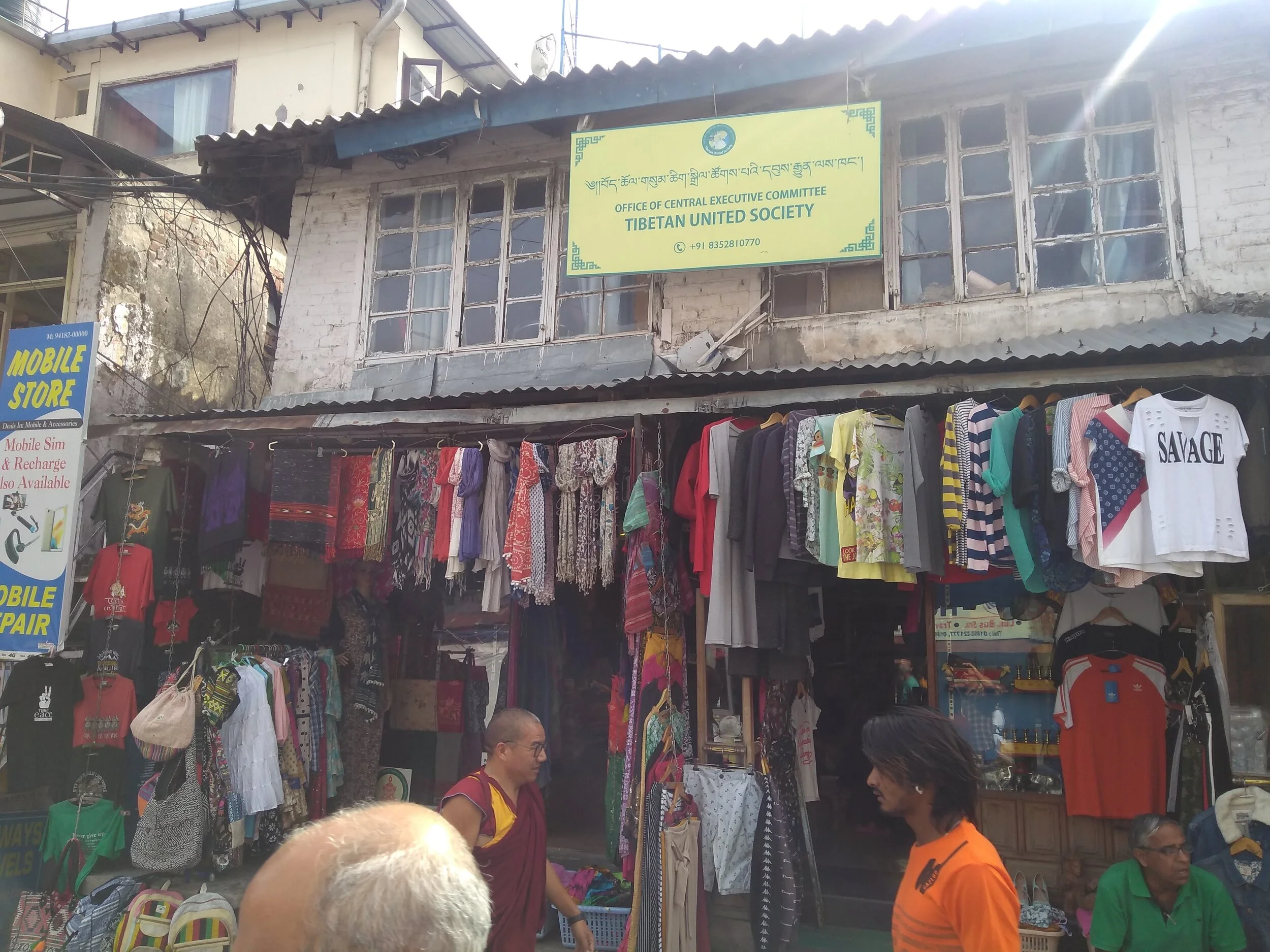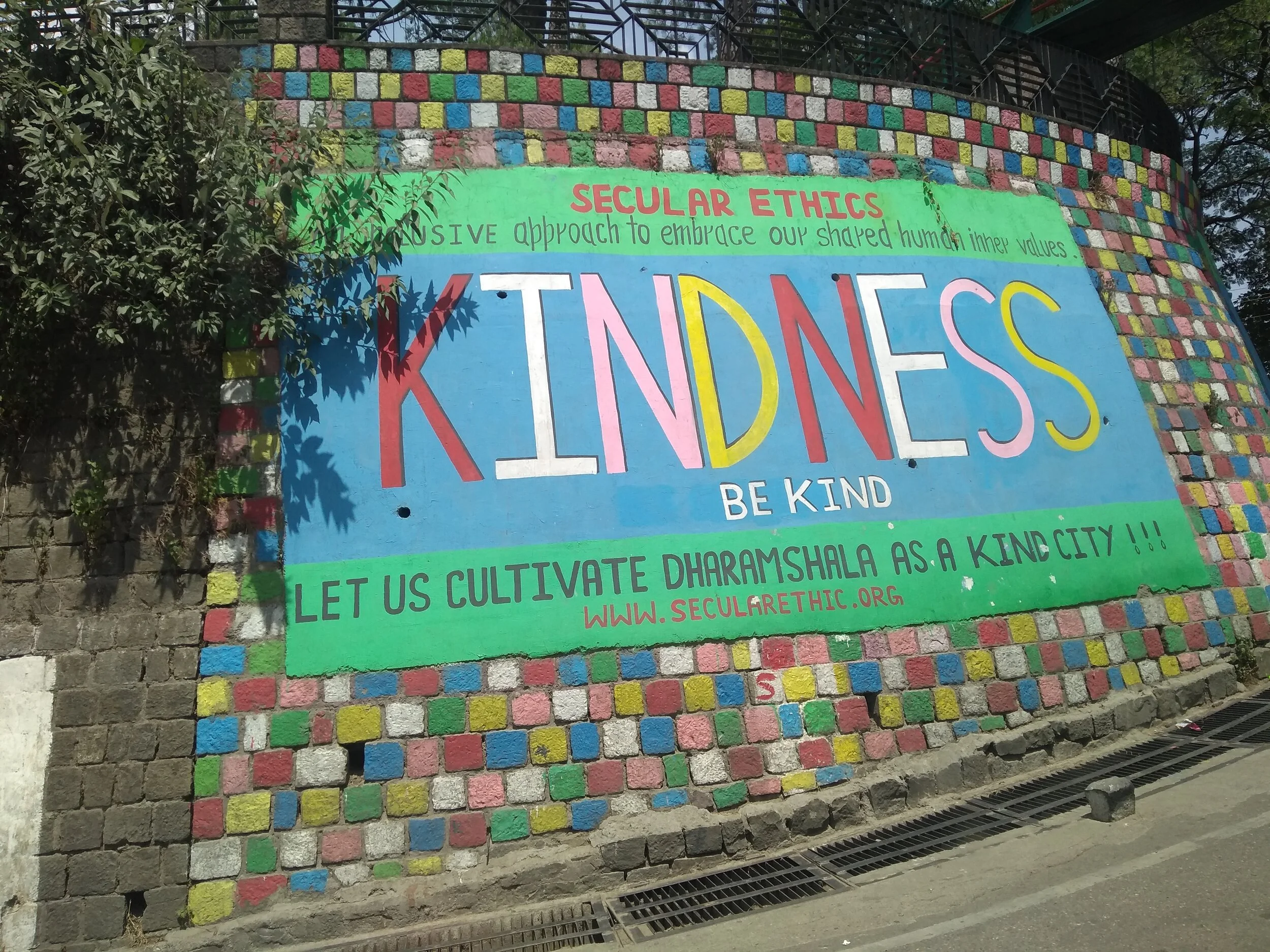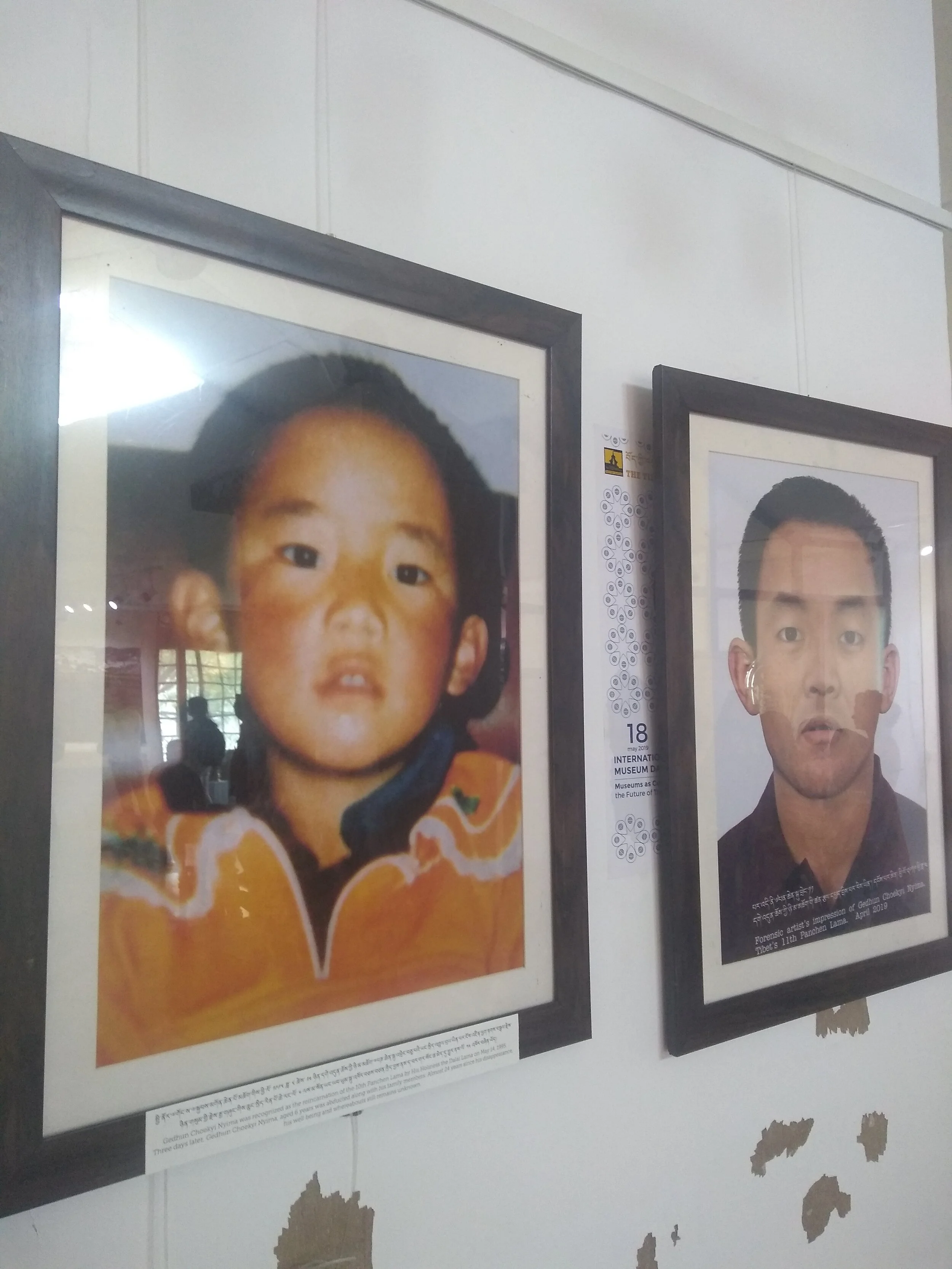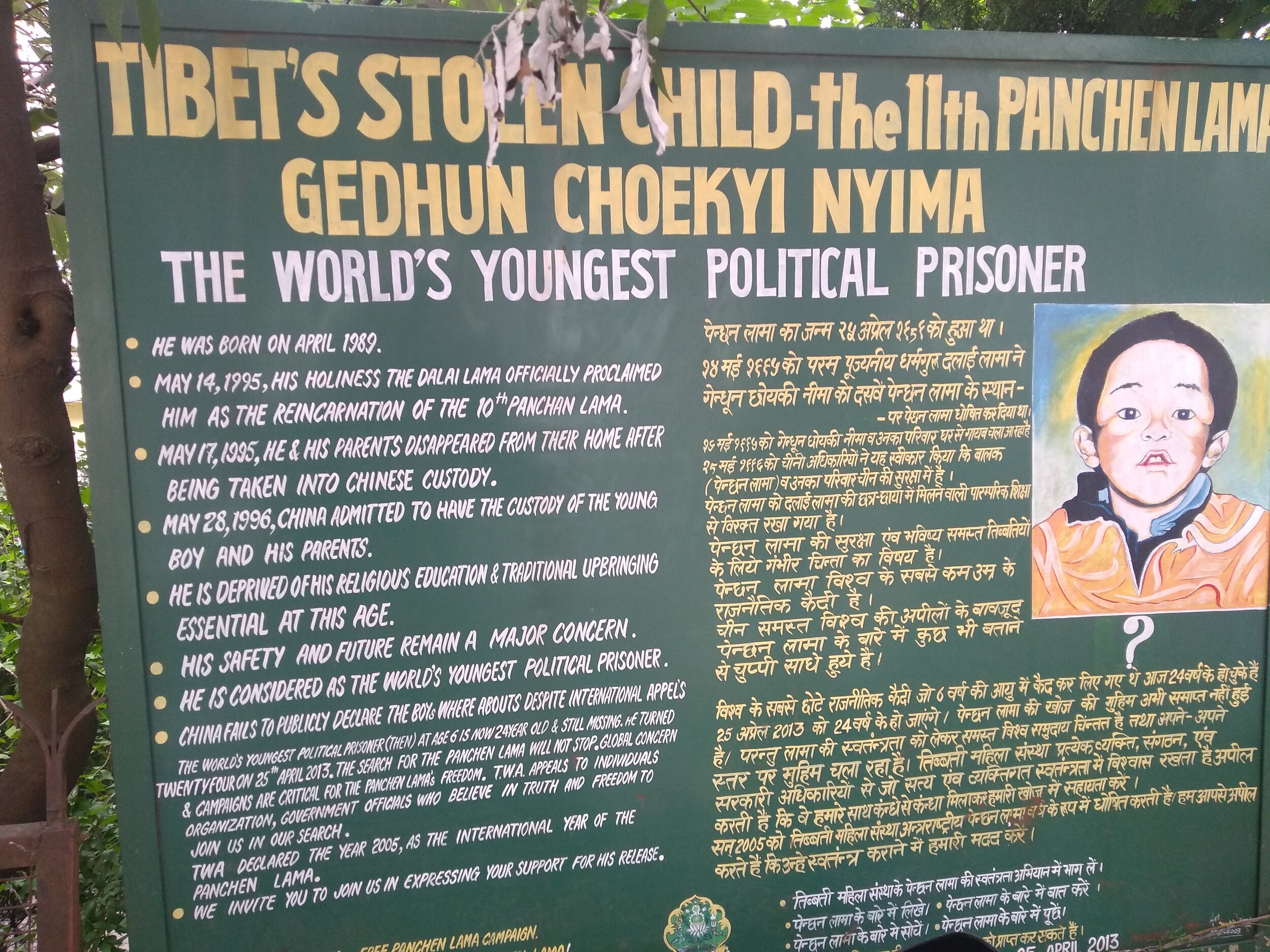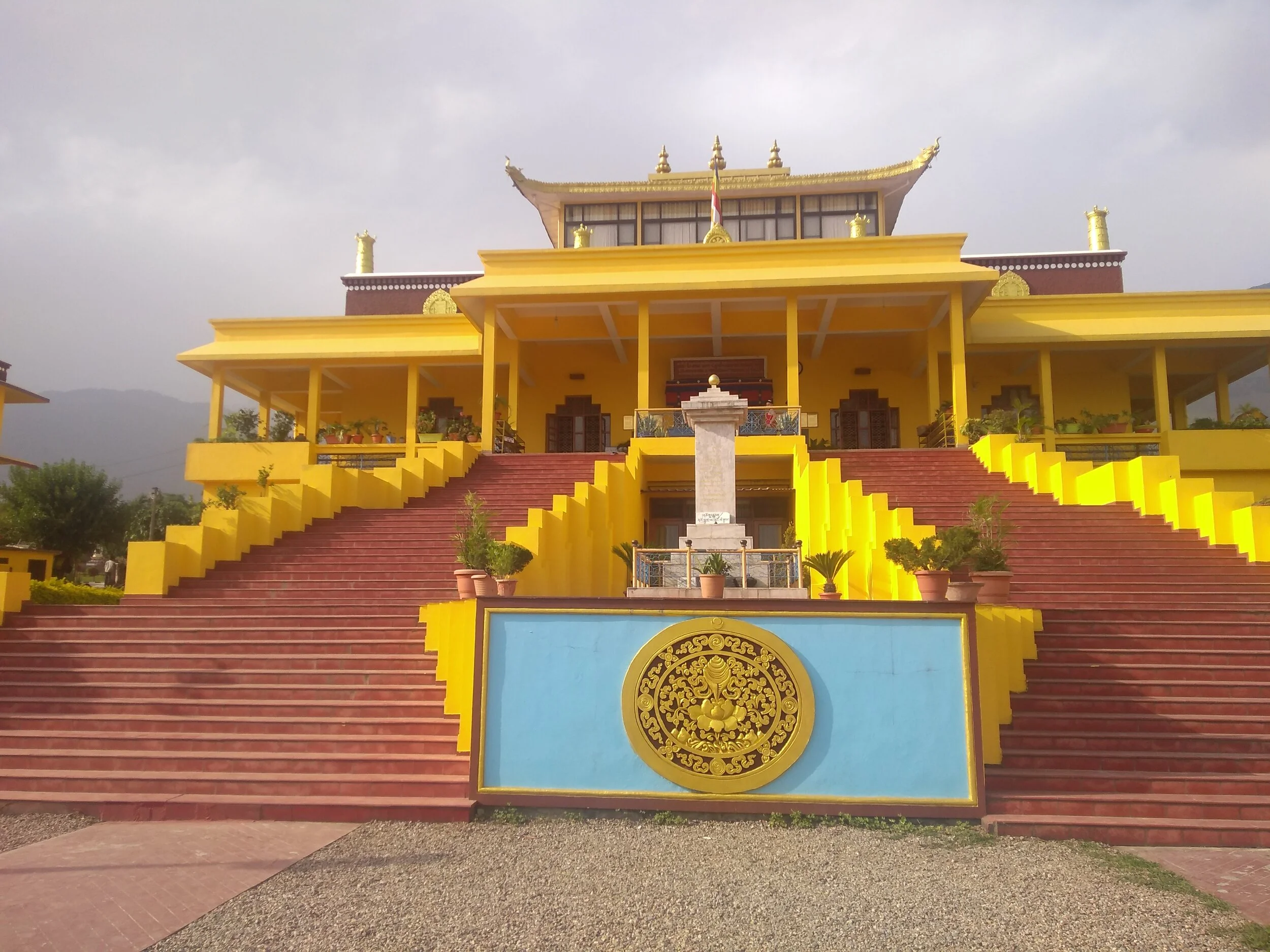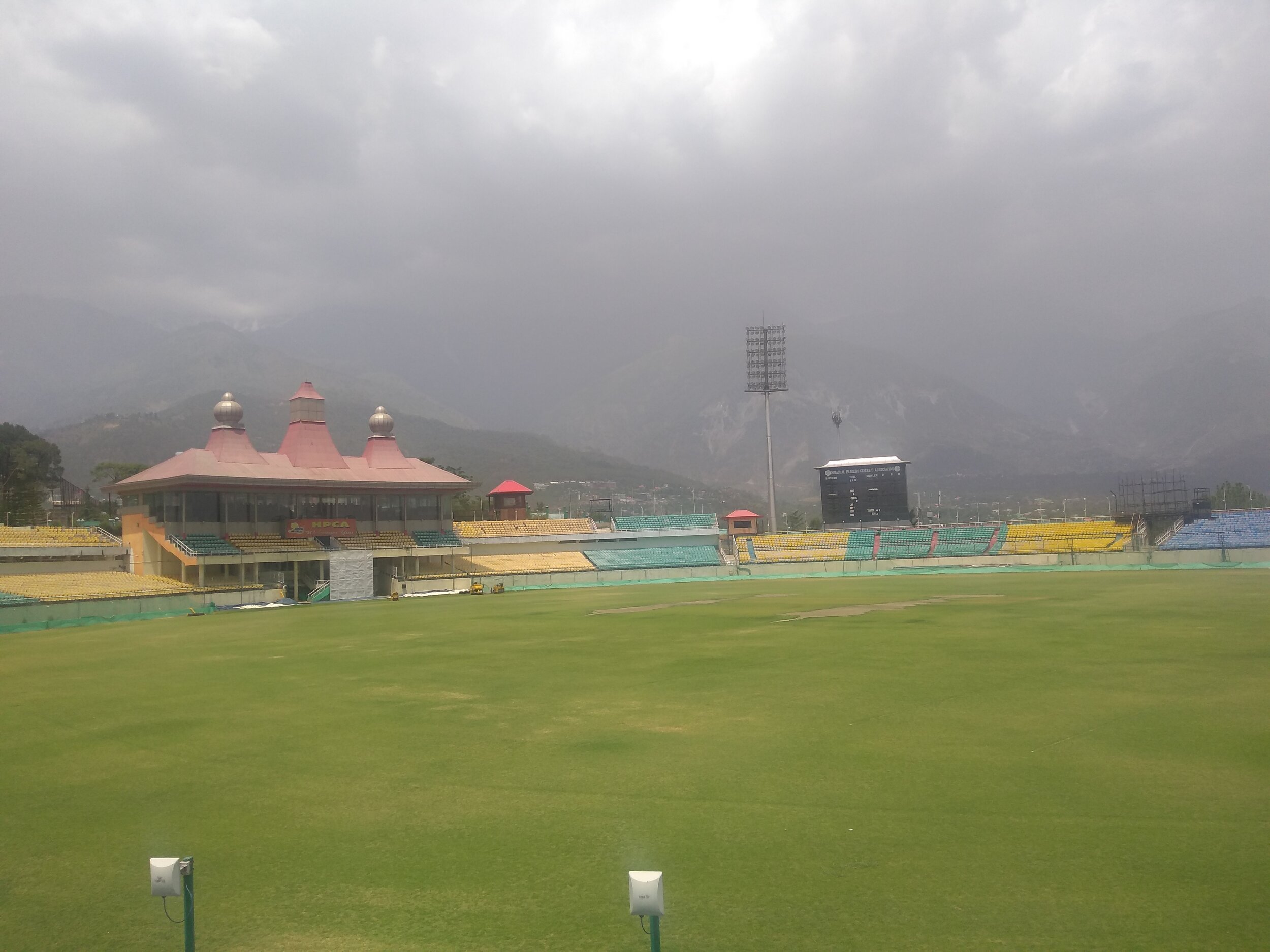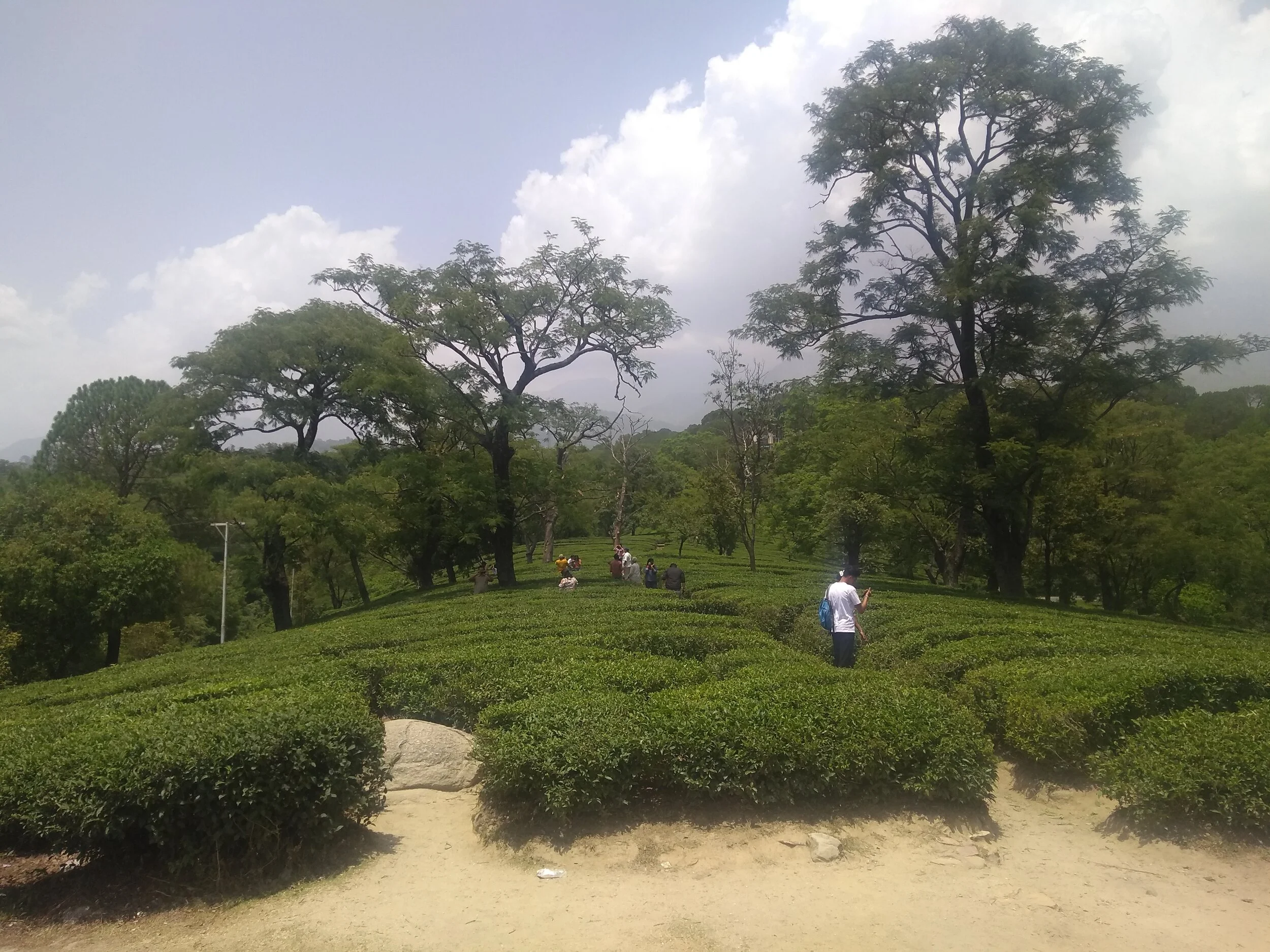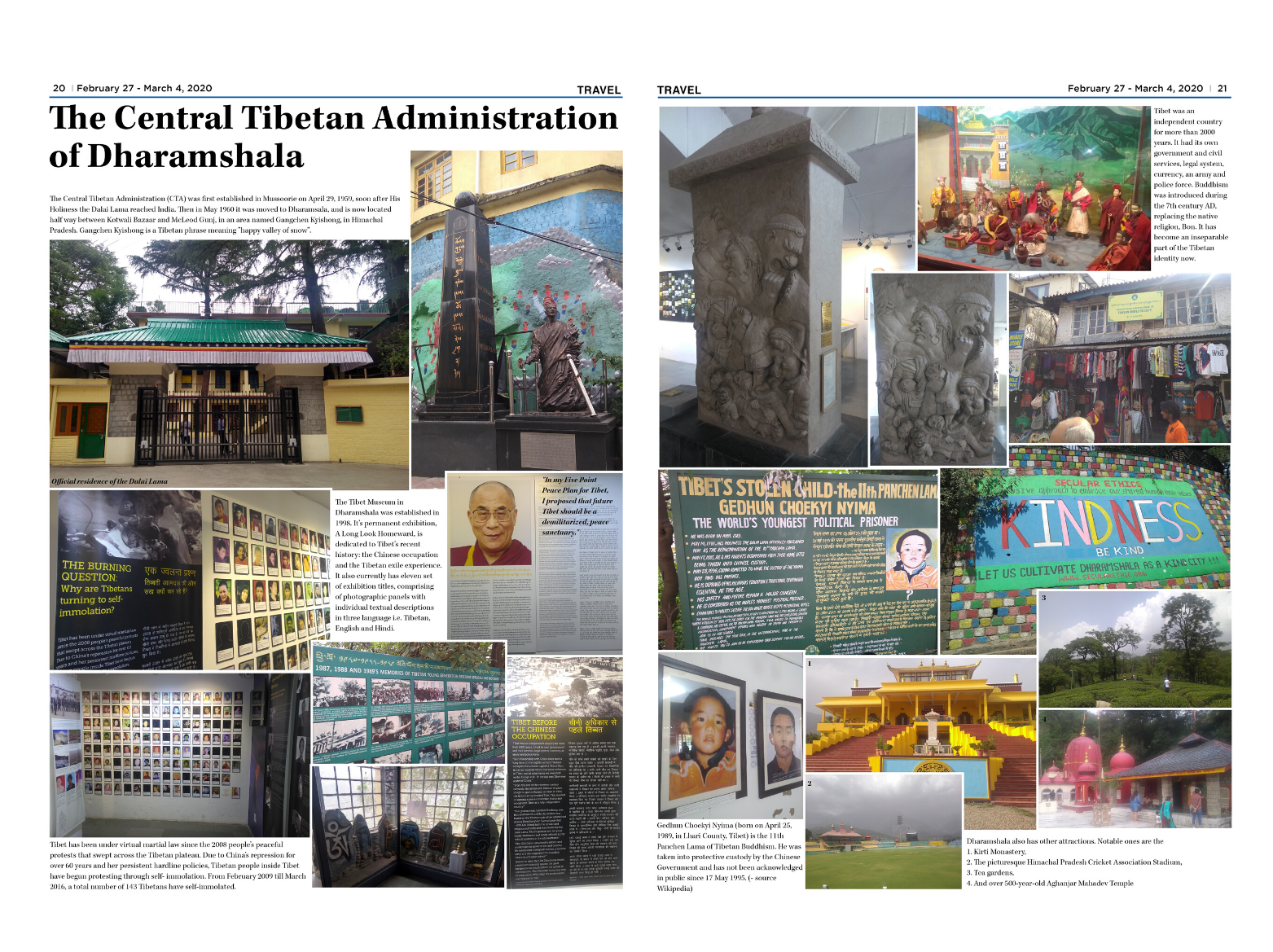The Central Tibetan Administration (CTA) was first established in Mussoorie on April 29, 1959, soon after His Holiness the Dalai Lama reached India. Then in May 1960 it was moved to Dharamsala, and is now located half way between Kotwali Bazaar and McLeod Gunj, in an area named Gangchen Kyishong, in Himachal Pradesh. Gangchen Kyishong is a Tibetan phrase meaning “happy valley of snow”.
“In my Five Point Peace Plan for Tibet, I proposed that future Tibet should be a demilitarized, peace sanctuary”
Tibet has been under virtual martial law since the 2008 people’s peaceful protests that swept across the Tibetan plateau. Due to China’s repression for over 60 years and her persistent hardline policies, Tibetan people inside Tibet have begun protesting through self- immolation. From February 2009 till March 2016, a total number of 143 Tibetans have self-immolated.
The Tibet Museum in Dharamshala was established in 1998. It’s permanent exhibition, A Long Look Homeward, is dedicated to Tibet’s recent history: the Chinese occupation and the Tibetan exile experience. It also currently has eleven set of exhibition titles, comprising of photographic panels with individual textual descriptions in three language i.e. Tibetan, English and Hindi.
Tibet was an independent country for more than 2000 years. It had its own government and civil services, legal system, currency, an army and police force. Buddhism was introduced during the 7th century AD, replacing the native religion, Bon. It has become an inseparable part of the Tibetan identity now.
Gedhun Choekyi Nyima (born on April 25, 1989, in Lhari County, Tibet) is the 11th Panchen Lama of Tibetan Buddhism. He was taken into protective custody by the Chinese Government and has not been acknowledged in public since 17 May 1995. (- source Wikipedia)
Kirti Monastery
The picturesque Himachal Pradesh Cricket Association Stadium
Tea gardens
Over 500-year-old Aghanjar Mahadev Temple
Designed by Vritti Parasher


